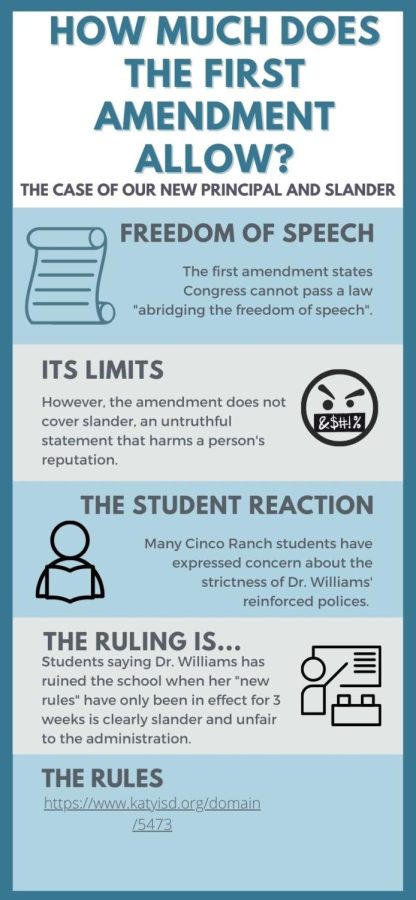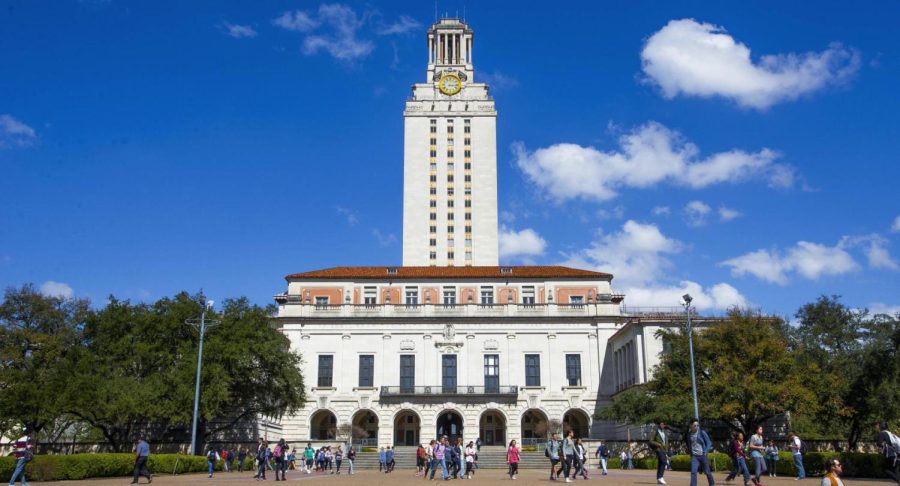In response to the steadily rising costs of Advanced Placement exams, College Board recently introduced a new organ transplant program to help students cover the costs of the tests. Students can now sell their organs in exchange for an opportunity to earn college credit.
“After carefully weighing the pros and cons, I decided to sell both of my kidneys to College Board,” senior Kid Neeless said. “As a long-term investment, the semester of college credit is worth the lifelong dialysis.”
College Board representatives have assured students that the organ removal is perfectly safe, with mortality rate as low as 50 percent.
“There are a lot of organs that serve very little purpose for modern humans, like the appendix, spleen, or heart,” College Board representative Frank Enstine said. “Frankly, it’s a little irresponsible not to sell one of your lungs. Your average student doesn’t really need two of them.”
Some students have criticized the organ transplant program as manipulative, claiming that it jeopardizes student health, and takes advantage of students’ desire to get college credit in order to turn a quick profit.
“Maybe I’m just being paranoid, but I think there’s something slightly sinister about harvesting students’ organs for a cheap price, and then selling them to the highest bidder,” said. “It seems much more responsible for students to cut out the middle man and sell their organs on eBay.”
Other students have criticized College Board for not allowing enough payment options, preferring to pay without selling their organs. Other proposed payment methods include using students to test experimental medical treatments, tattooing advertisements on students’ bodies and selling students’ credit card information.
“I’m not saying that I would sign my firstborn child over to slavery to help pay for my AP tests,” Neeless said. “I’m just saying that I would appreciate the option.”
AP exam prices have steadily risen over the last several years, as the state legislature has eliminated subsidies helping students to pay for the exams.
“Everybody in the state legislature understands that it can be difficult for students and their parents to find the money to pay for all of their AP tests,” Texas Senator Rich Mann said. “But to be entirely honest, none of us are quite sure about the financial responsibility of this ‘education’ thing anymore.”
Studies indicate that 68 percent of state representatives consider funding education to be a serious waste of the state’s financial resources, while 20 percent of representatives believe that attending college is morally wrong. 12 percent of the representatives could not read the survey.
“Funding education is just throwing money away at a pointless dream,” Mann said. “Subsidizing AP Exams only encourages students to engage in dangerous behavior, like riding motorcyles, doing drugs, or trying to learn high-level learning material to get ahead in expensive college courses.”
Experts agree that if AP test prices continue rising at the same rate, in ten years they will cost more money than is currently in circulation in the United States.
“Some people have complained that it was irresponsible to start coating every page of the AP test in diamonds,” Ernstine said. “But we can’t charge thousands of dollars for a stack of paper alone. Apparently the maximum we can charge for that is about $90.”
Before cutting subsidies to the AP tests, state legislators pioneered the organ transplant program by selling their own brains.
“In today’s competitive academic environment, AP testing is a truly exciting opportunity for our students,” Assistant Superintendent Ida Boss said. “Students now have the unique chance to gain college credit while learning about the effects of crippling debt from the loans they’ll have to take out to pay for the exams.”
The organ transplant system is projected to pay for 75 percent of all AP tests by next year.
“It’s true that AP test prices are rising to unprecedented levels,” Boss said. “But on the bright side, so is the cost of college itself, so it’s not like students really have much of a choice.”

![Tips for Studying Finals [INFOGRAPHIC]](https://crhscountyline.com/wp-content/uploads/2022/12/Studying-for-Finals-900x506.jpg)





Erica • Jan 19, 2015 at 5:36 pm
As a high school student who spent over $700 on AP exams Junior year, and is about to repeat the same process again as a Senior this spring, this made me LOL.